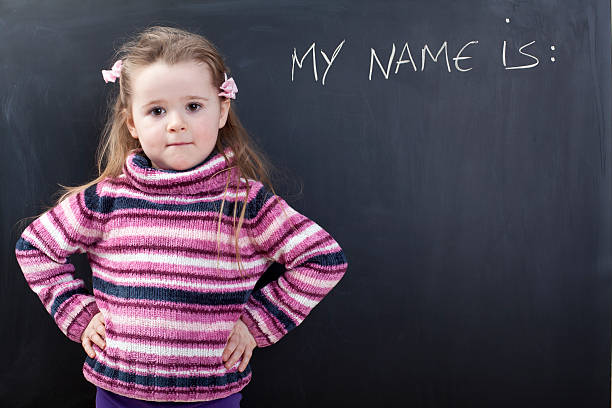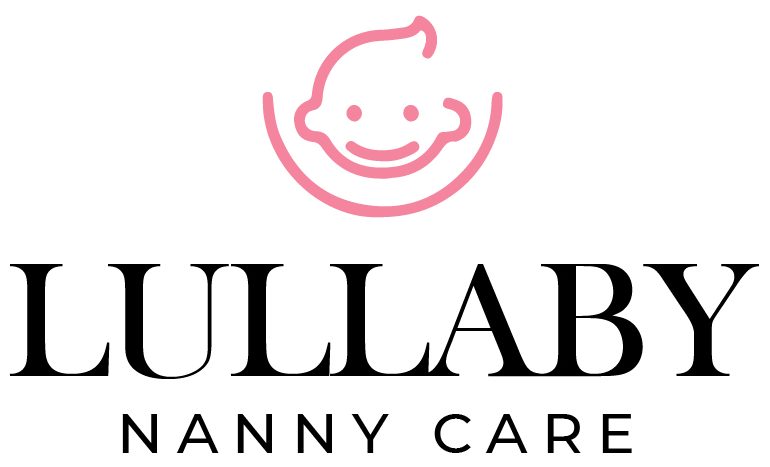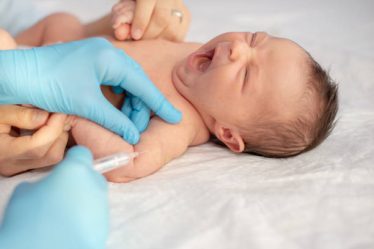
Children are often afflicted with UTIs (known as urinary tract infections). Typically, when bacteria invade the urethra of a person and are eliminated by urination, they can be removed from the human body. However, there are times when it could remain in the urethra, developing within the urinary tract and then spreading towards the bladder. This causes urinary infections.
While these infections aren’t severe, doctors advise getting them treated sooner to lessen the discomfort that children may experience. When eight out of 100 girls might suffer from UTI, and out of 100, two boys could be affected by UTI. Unlike older children, young children have a greater chance of UTI harming their kidneys. This is why it is crucial to detect UTIs early.
Urinary Tract And Classification Of UTI
The body’s parts are essential in producing urine and comprise that tract. The body’s organs include:
KidneysThere is a pair of kidneys found in the human body. They act as a filter to remove bloodborne wastes and any excess water that may create urine. They also eliminate any acid-producing cells in your body and maintain a healthy level of minerals, water, and vital sodium in the blood.
BladderA The bladder has a triangular shape and is located within the abdomen of the lower part. The primary function of a urinary bladder is to store urine until it’s eliminated from the body.
Ureters Two tubes that carry urine from the kidneys into the bladder are called ureters.
Urethra Tubes play the role of exchanging fluid from the bladder outside the body. The medical term urethra refers to the tube.
UTIs, also known as urinary tract infections that typically affect kids, may be placed in two classes. The cause is determined by the organs that are affected by the disease.
Upper Urinary Tract Infection A urinary tract infection occurs when a child has a condition of the kidneys or ureters.
Lower Urinary Tract Infection: When an individual suffers from a bladder infection called cystitis, it falls under the category of lower UTI. When the disease progresses into the kidneys, it’s also known as pyelonephritis. If a person has a UTI causing problems in the urethra, it’s also a lower form of UTI.
In general, antibiotics are effective in helping cure these illnesses. However, if a child with kidney issues is not treated promptly, it could cause serious health issues. Take note of the children’s or teenagers’ tips for care to help prevent this.
UTI Signs And Symptoms
Children cannot communicate, making it difficult to determine if your child is suffering from UTI. Some of the signs your child might be displaying when they are suffering from UTI are:
They might be suffering from a high fever.
Look for signs of fatigue or low energy levels.
The frequency of vomiting is a standard indicator that your child is sick.
A few kids might not be eating well or losing weight as much as they should.
Jaundice is a sign in infants where their skin and the white portion of their eyes change color.
UTI frequently results in the linings of different body parts of the urinary tract becoming red and expanding. This is why the affected child might be irritable and crying when they attempt to urine. Children with this condition may have difficulty managing their urine and may end up soaking their bed.
Apart from having a fever and low appetite, UTI could cause your child to experience loose stools, a mild fever, and even look unwell. It is best to seek medical attention if your child is sick for no particular reason. Pay to these situations and adhere to the guidelines for children’s care if an infected kidney may lead to the bacterial infection reaching the bloodstream. The kidneys can be damaged or cause death.
What Causes UTI In Kids?
The leading cause of UTIs is the presence of bacteria in the urethra through the child’s digestive system. There are a variety of ways this happens.
If a child uses toilet paper that is not clean to wash their genitals, the genitals could be in contact with the form and cause UTI. The majority of the time, girls can develop UTI because their urethra is located closer to their lower part.
In other instances, infants can find fragments of stool in their urethra after they urinate into their diapers.
Weaker children may be more susceptible to developing UTIs. If a child is suffering constipation, their stomach may expand, causing an increase in pressure on their bladder. Therefore, it’ll be difficult for them to empty their bladder quickly.
Sure children can develop dysfunctional elimination syndrome or DES. It is a pervasive disorder in which children may attempt to deliberately not let their urine out regardless of wanting to get rid of themselves.
In some rare instances, the child may suffer from vesicoureteral respiratory reflux, where the urine within the bladder leaks out into the kidneys or the ureters. As the ureters move into the bladder, they possess valves. If the valves cannot function correctly, they can cause urine to leak.
What Are The Treatments For UTIs?
If your child suffers from UTI medical professional is likely to recommend immediately starting an antibiotic regimen to stop kidney damage in the children. The doctor will recommend to your child an antibiotic according to how severe the condition is. It will also decide on the duration of treatment.
Common antibiotics used for treating UTIs include amoxicillin, cephalosporins, nitrofurantoin, clavulanic acid with amoxicillin, doxycycline for children above the age of 8 years, and sulfamethoxazole-trimethoprim.
If your child is suffering from an infection in the bladder that isn’t severe, the child can receive treatment at home using oral antibiotics. If the problem is severe, your doctor may recommend hospitalization for the child to treat it by administering antibiotics and IV fluids.
Hospitalization could be only needed:
For a less than six-month-old baby.
In the event of an infection in the blood.
If your child has an elevated temperature that is not falling.
If a child cannot take medication orally, he is suffering from vomiting and dehydration.
If a very young child is sick, it could be that they are suffering from kidney infections.
Treatment At Home
If you want to take care of the child in your home, adhere to the following children or teenage tips for maintenance:
If your child does not feel better after taking the medication, finishing the entire course prescribed by the doctor is essential.
It is recommended to provide your child with sufficient fluids to urinate frequently to recover quickly. But consult your doctor about the amount of water they recommend.
Constantly monitor your child’s temperature to determine if there is a fever. If you find temperatures exceeding 38.3 degrees Celsius, call or visit your physician. Do the same procedure if your child has an elevated temperature of 38 ° Celsius and lasts for 3 (or more) consecutive days.
The discomfort that comes with kidney and bladder infections could cause a lot of pain for your child. Apply hot pads or water bottles to areas where you feel pain, like in the back or abdomen.
Suppose your child is experiencing an intense burning feeling or feels discomfort while urinating. Consult a doctor if the symptoms become more severe.



